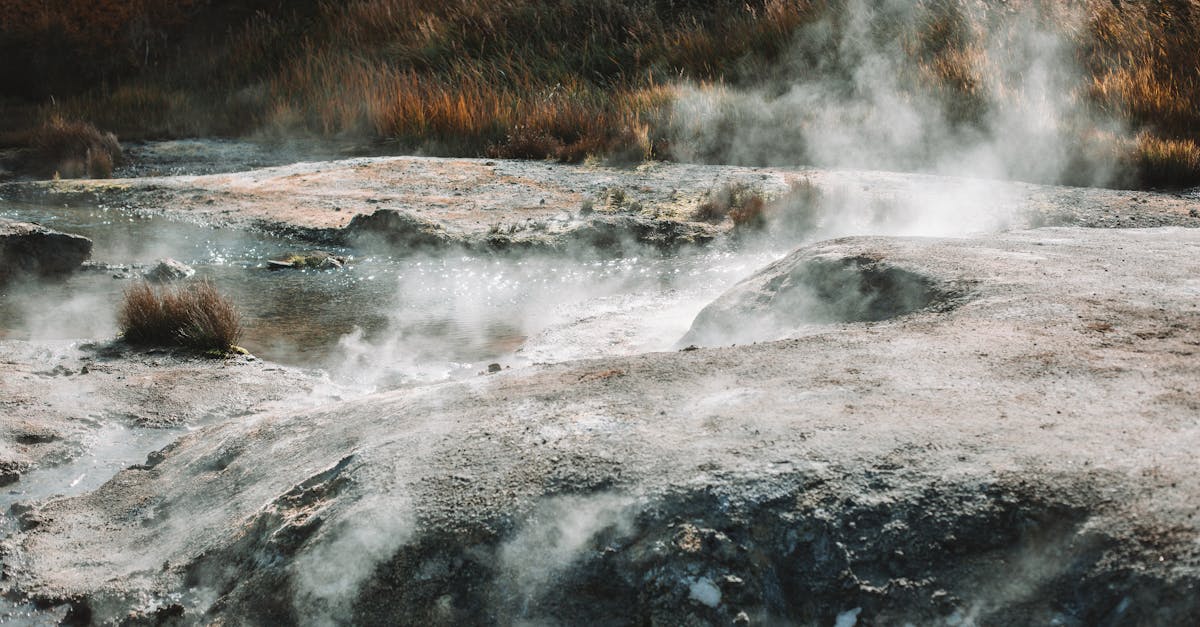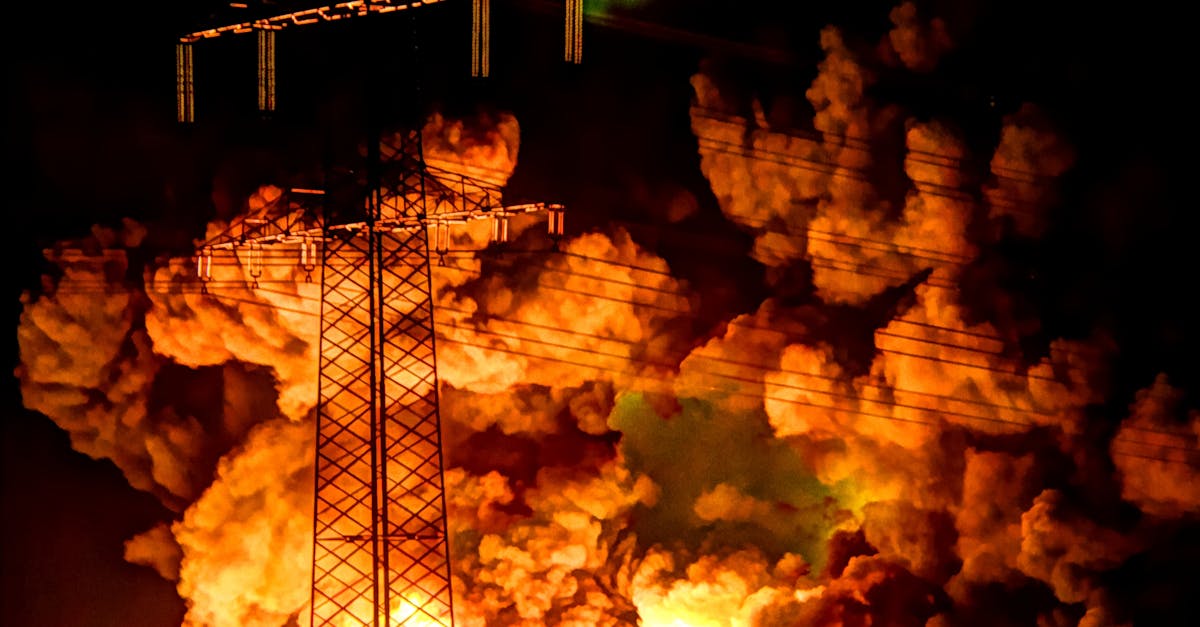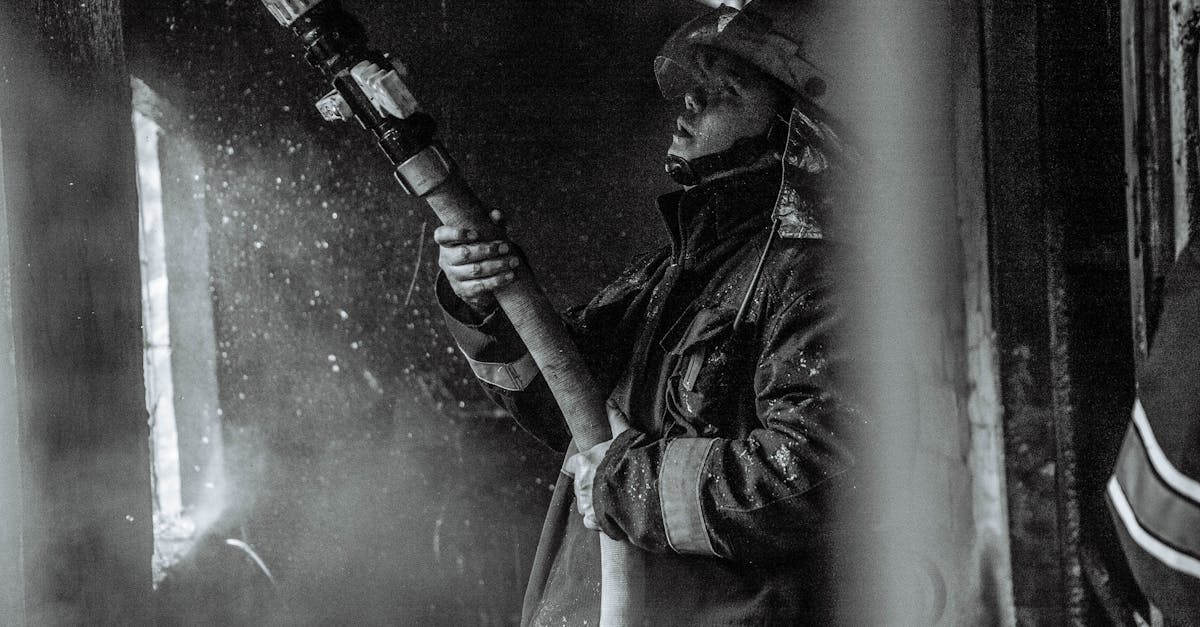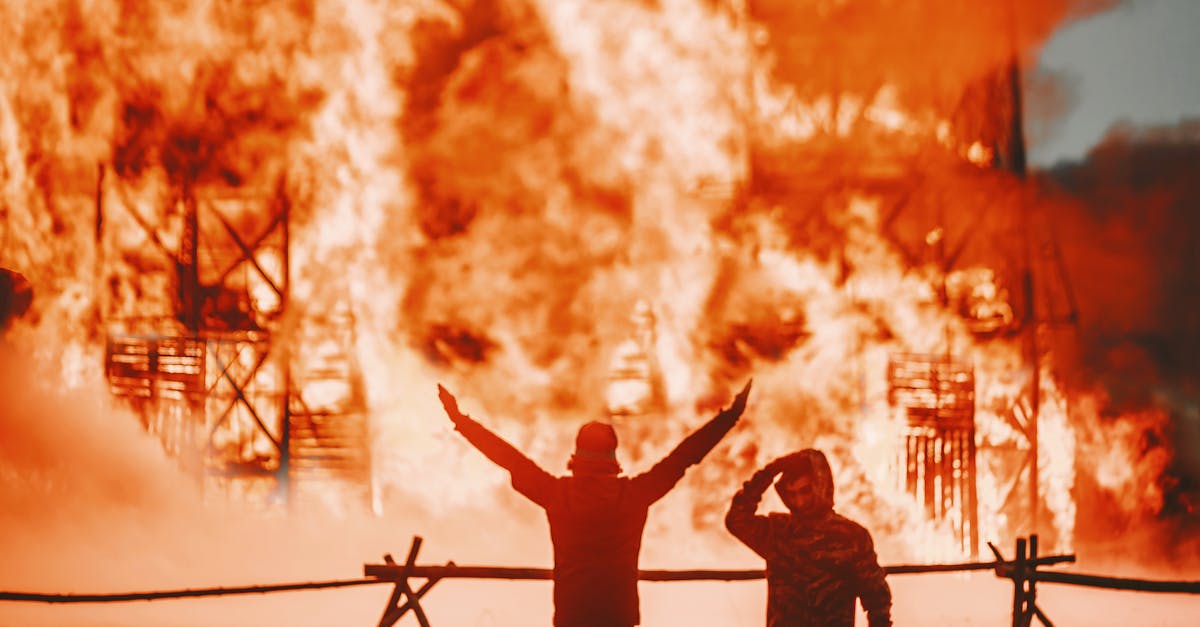
Table Of Contents
Recommended Practices for Maintaining Your Water Heater
To ensure the longevity and efficiency of your water heater, regular inspections play a critical role. Check the unit for any signs of leaks, rust, or corrosion. Assess the temperature settings to maintain a balance between comfort and energy savings. Flushing the tank periodically helps remove sediment buildup, which can hinder performance. Keeping your water heater clean and free of debris around the unit promotes better airflow and reduces wear.
In the event of a malfunction, knowing how to respond can minimize damage. Familiarize yourself with the shut-off valve and how to cut off the power supply if necessary. If the water heater has run dry, act quickly to prevent further complications, which may necessitate emergency hot water repair. Regular maintenance checks can help prevent these situations and keep your unit functioning properly for years to come.
Regular Inspections and Maintenance Tips
Regular inspections and consistent maintenance are essential for ensuring the longevity and efficiency of your water heater. Check the sediment buildup in the tank at least once a year. Flushing the tank can help maintain performance and prevent damage. Inspecting the anode rod is also crucial, as it protects the tank from corrosion. If you notice any signs of wear or corrosion, replacing the anode rod promptly can extend the water heater's lifespan.
In case you experience any unusual noises or fluctuations in water temperature, it’s vital to address these issues immediately. Neglecting minor problems can lead to more significant failures, resulting in costly emergency hot water repair. Keeping an eye on temperature and pressure relief valves is also important, as these components can prevent pressure buildup that may cause leaks or ruptures. Regular preventive measures can save homeowners from unexpected disruptions and expenses.
Emergency Situations
In the unfortunate event that your water heater runs dry, immediate action is crucial. An emergency hot water repair may become necessary to prevent serious damage to the unit. In many cases, the heater can overheat and lead to cracks in the tank or damage to internal components. It's important to shut off the power supply to the heater if it is electric or turn off the gas supply if it is gas-powered. This helps mitigate risks while you assess the situation.
After ensuring the power is off, inspect the water heater for any potential leaks or signs of damage. If you're not comfortable conducting this assessment yourself, it's wise to call a professional plumber for an emergency hot water repair. Prompt attention can save you from more extensive repairs or even a complete unit replacement. Addressing the issue swiftly will ensure your water heater remains operational and safe.
Steps to Take Immediately
If you discover that your water heater has run dry, the first step is to turn off the power supply to the unit. This prevents further damage to the heating elements and ensures safety. For electric heaters, locate the circuit breaker and switch it off. For gas heaters, turn the gas valve to the "off" position. Doing this promptly can minimize the risk of overheating and costly repairs.
Next, assess the situation and determine the cause of the dry run. Check for leaks or plumbing issues that may have led to the lack of water. If you can't identify the problem or it seems serious, contact a professional for emergency hot water repair. It's essential to address any underlying issues quickly to avoid further complications or potential hazards.
Replacing a Damaged Water Heater
Water heaters can suffer significant damage when operated without water. Overheating can lead to serious issues, including corroded heating elements and potential leaks. If a malfunction is detected, it's crucial to assess the extent of the damage to determine whether repairs can be made or if a complete replacement is necessary. Consulting a professional can provide clarity on these options and prevent further complications.
In cases where the damage is extensive, replacing the unit may be the best course of action. Homeowners should consider their hot water needs, energy efficiency ratings, and warranty options when selecting a new water heater. If a new unit is required quickly due to a failure, services that specialize in emergency hot water repair can be invaluable. They can ensure that the installation is safe and efficient, providing peace of mind for the long term.
When It's Time for a New Unit
Water heaters have a lifespan of about 8 to 12 years. When you notice rust in the water or leaks around the tank, it may indicate that your unit is nearing the end of its life. Frequent repairs can also be a sign that continued operation is no longer cost-effective. If you're frequently calling for emergency hot water repair, it's likely time to consider a replacement.
Upgrading to a new water heater can lead to improved efficiency and lower energy bills. Newer models offer advanced features such as better insulation and faster heating times. If your current unit is not providing consistent hot water or is significantly raising your utility costs, investing in a new system could ultimately save you money and provide peace of mind.
FAQS
How long can a water heater operate without water?
A water heater should not be operated without water. Doing so can cause significant damage, potentially leading to overheating and failure of the unit.
What happens to a water heater when it runs dry?
When a water heater runs dry, the heating element can overheat, which may result in damage to the element itself, the tank, or other internal components, leading to costly repairs or replacement.
How can I tell if my water heater is about to run dry?
Signs that your water heater may be running dry include unusual noises, reduced hot water supply, and frequent resetting of the unit. Regular inspections can help catch these issues early.
What should I do if my water heater has run dry?
If your water heater runs dry, turn off the power immediately to prevent further damage. Check the unit for any visible signs of damage and consult a professional plumber or technician for further evaluation.
How often should I inspect my water heater?
It's recommended to inspect your water heater at least once a year. Regular maintenance can help identify potential issues and extend the life of the unit.





























